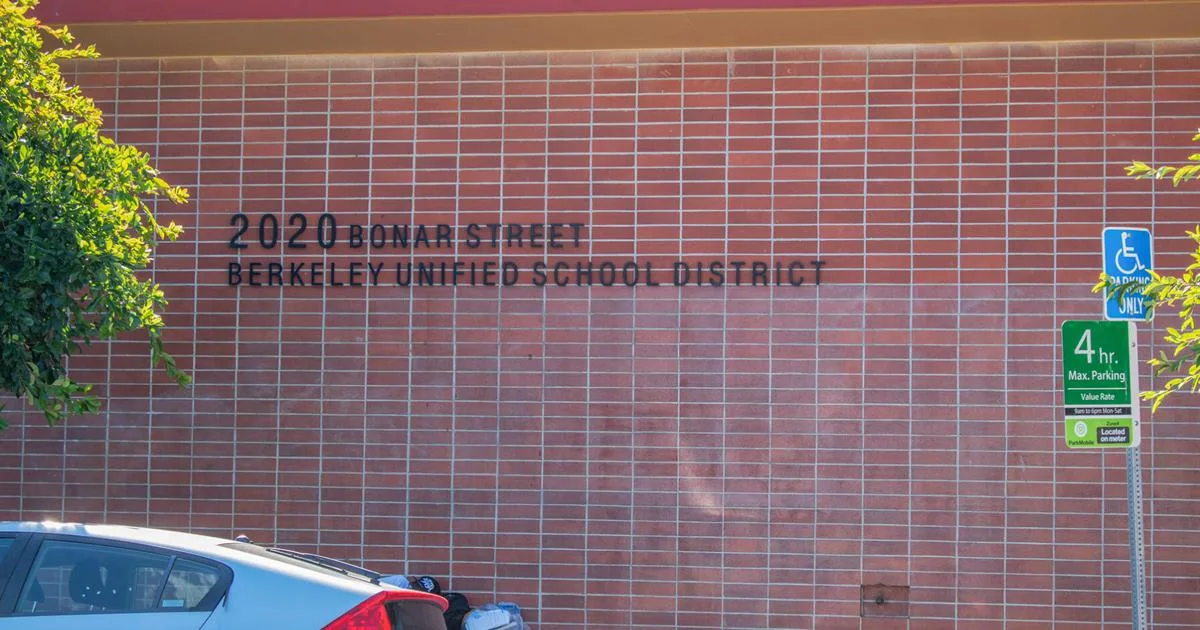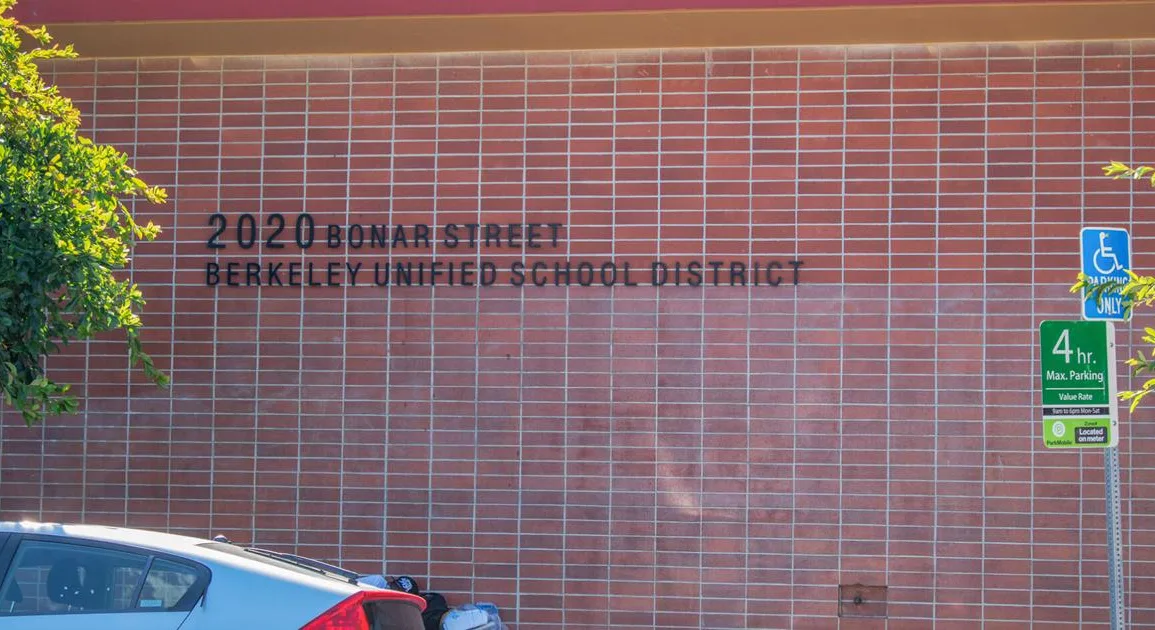
The Berkeley Unified School District, or BUSD, Reparations Task Force met Tuesday to finalize the type of reparations they will recommend to the school board and began discussing how they will recommend the board funds the programs.
The Task Force explained in its motivation statement on their website that the need for reparations stems from the persistence of inequality as a result of race-based policies. This inequality can be seen in disparities in literacy rates, homeownership and educational outcomes.
“The system of chattel slavery on American soil ingrained race-based inequity in American society,” the website notes. “It pervaded every aspect of daily American life and has persisted ever since the Thirteenth Amendment officially abolished slavery in 1865, including in race-based policies such as school segregation and redlining.”
If the Task Force’s efforts are successful, BUSD could be the first school district in the country to implement a reparations program.
BUSD has been at the forefront of similar progressive movements in the past, as it were the first major school district to voluntarily desegregate schools, having done so in 1968, according to the motivation statement.
While the task force, which is made up of five BUSD staff members, three BUSD students and 10 community members, meets in private, they have hosted community engagement opportunities to hear from the public.
Along with updating the school board throughout the past year, the Task Force hosted a talk by Kamilah Moore, Chair of the California Reparations Task Force and a community conversation in September.
The Task Force also prepared and distributed a community engagement survey which was to be completed in January. At Tuesday’s meeting they discussed publicizing the results of that survey.
The Task Force began meeting last April, with the intention of determining how BUSD could fund reparations, what form of reparations it would recommend to the Board and formulating a recommendation on how the Board could implement that program.
Now, the Task Force has postponed recommending an implementation plan until after they present on what reparations will look like and the school board provides them with some direction. The Task Force also requested and received an extension to meet until June of this year.
BUSD established the Task Force in response to a community letter to the school board, which was a culmination of community members gathering in the wake of George Floyd’s murder to discuss the possibility of reparations.
The website adds examples of cash reparations issued in Evanston, Illinois to “African American residents, their descendants, or other residents who experienced housing discrimination,” and Asheville, North Carolina, who formed a reparations commission to “allocate $1.9 million to make amends for Asheville’s participation in and sanctioning of the enslavement of African Americans.”
In the following, final months of the Task Force’s meetings, they plan to finalize and approve all of its written recommendations for the school board by June, according to their timeline.
The Task Force’s Facilitator, Kad Smith said that they are not taking media inquiries at this time and was unable to provide a comment.


